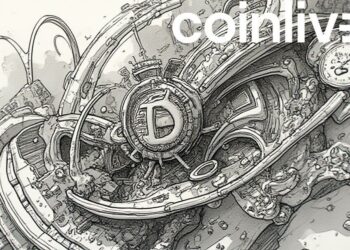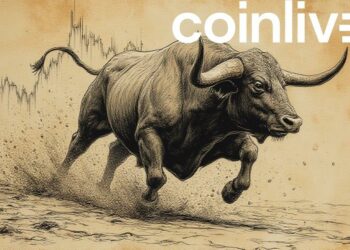TRENDING
Morgan Stanley files for OCC crypto trust bank charter
February 28, 2026
Final 5 Days at $0.0001: BlockDAG Nears Global Trading Debut As Avalanche Price Wavers and Stellar XLM Price Consolidates
February 27, 2026
Cardano taps Google Cloud, MoneyGram for Midnight rollout
February 27, 2026
Ethereum outlines ePBS, gas limits as Glamsterdam nears
February 27, 2026
Bitcoin steadies as whale wallets near 20,000, ETF flows
February 27, 2026
Next
Prev
Market Analysis
Editor's Choice
Crypto tokens: 85% trade below TGE in 2025 as FDV weighs
Data show 85% of 2025 tokens trade below token generation event (TGE) as rich valuations and vesting overhang pressure caps;...
Binance Launches Bonding Curve Token Model via Wallet
Binance introduces a new Bonding Curve Token Generation Event model with Four.Meme, launching Hyperion tokens on July 16, 2025.
Ethereum Foundation, Whales Drive $500M ETH Sell-Off
Ethereum's $500M ETH sell-off driven by Foundation's sales, whale activity, hacker liquidations.
Ethereum Eyes $9,600 Target Amid Institutional Interest
Ethereum's price may reach $9,600 following institutional investments and market trends.
Bitcoin extends losses on U.S. tariff shock, ETF outflows
Flow data shows Bitcoin ETF outflows, tariff shock, crypto winter weighing on liquidity and sentiment, with 60,000-61,500 support and 63,800-64,300...













